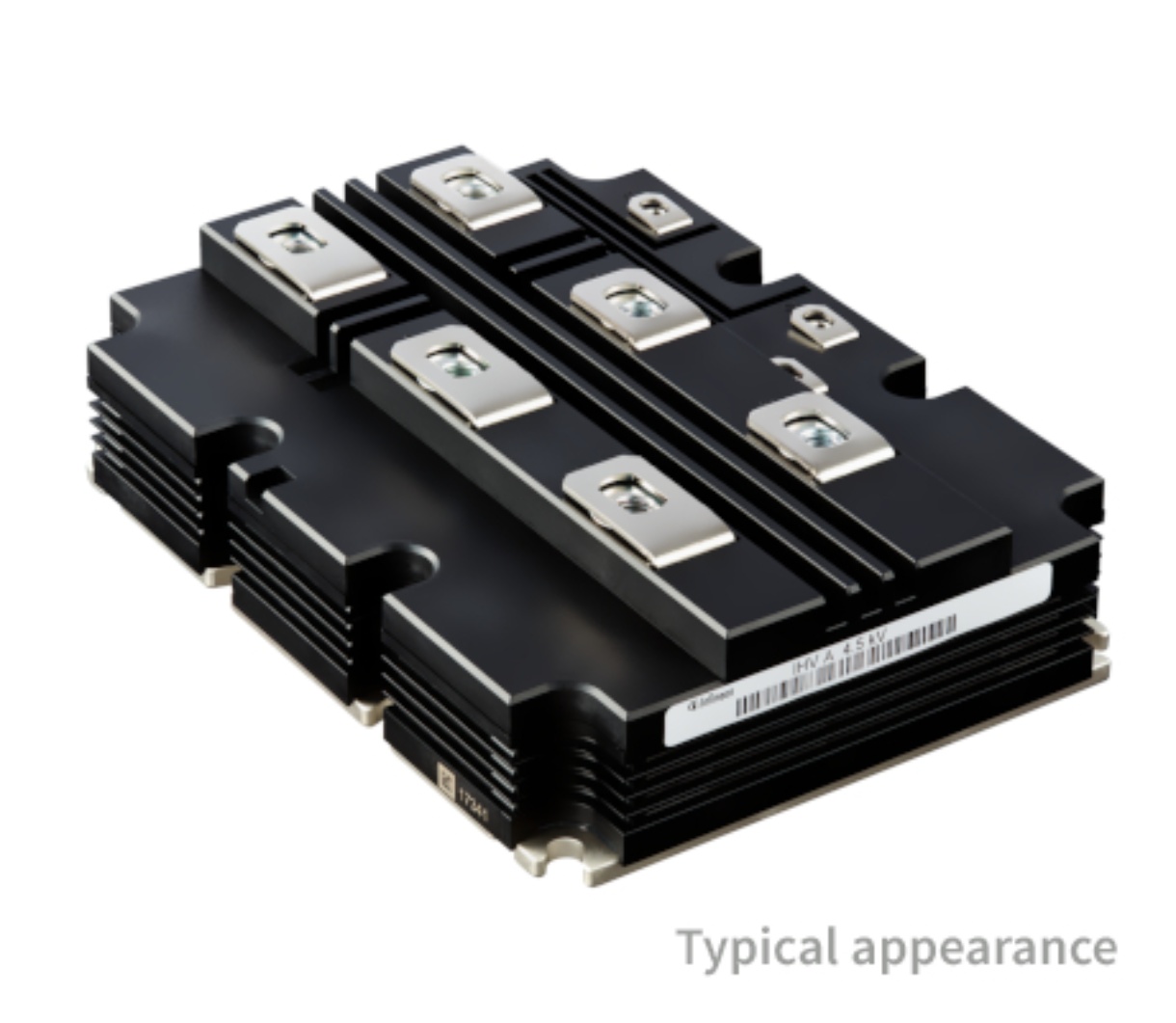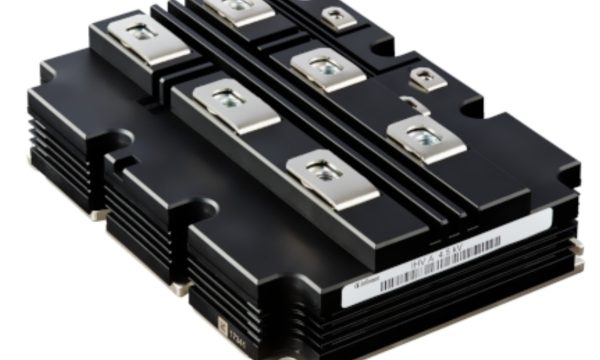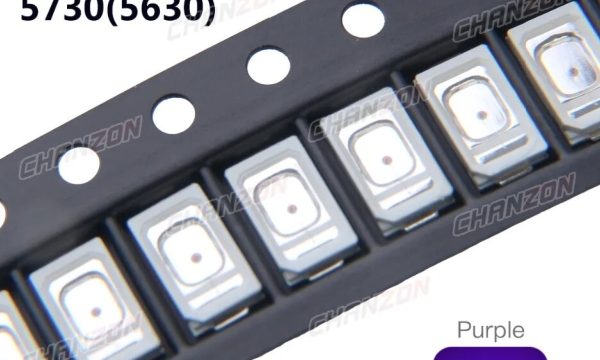
In today’s fast-paced technological landscape, the role of IGBT modules in ensuring efficiency and performance in various applications cannot be understated. These powerhouses of modern electronics have revolutionized the way power is controlled and managed, providing a crucial link between low-power control signals and high-power loads.
With their unique characteristics combining the advantages of both bipolar junction transistors (BJTs) and metal-oxide-semiconductor field-effect transistors (MOSFETs), IGBT modules offer a potent solution for enhancing power electronic systems. Their capability to handle high voltages and currents makes them essential in applications ranging from renewable energy systems and industrial drives to automotive electronics and traction systems.
Benefits of IGBT Modules
When it comes to enhancing efficiency in power electronics, IGBT modules stand out for their superior performance. These modules offer high voltage capabilities that allow for optimized power transmission, resulting in reduced energy losses and increased system efficiency.
Another key benefit of IGBT modules is their ability to operate at high frequencies without compromising performance. This feature makes them ideal for applications requiring rapid switching and precise control, such as in renewable energy systems and electric vehicles.
IGBT modules also excel in ensuring system reliability by offering robust protection features against overcurrent and overvoltage conditions. This enhances the longevity of the overall power electronics system, making IGBT modules a reliable choice for various industrial and commercial applications.
Applications of IGBT Modules
In the field of renewable energy, IGBT modules play a crucial role in power converters for solar inverters and wind turbines. By efficiently converting DC power from solar panels or wind generators into AC power, IGBT modules help maximize energy conversion and enable the integration of renewable sources into the grid.
Automotive industry utilizes IGBT modules in electric and hybrid vehicles for motor control applications. These modules enable precise control of electric motors, resulting in improved performance, increased energy efficiency, and extended driving range.
IGBT modules are commonly used in industrial machinery for variable speed drives, welding equipment, and uninterruptible power supplies. These modules provide reliable and precise control over motor speed and power output, ensuring optimal performance and energy savings in various industrial applications.
Future Trends in IGBT Technology
IGBT Module
One key trend in IGBT technology is the drive towards higher power density. Manufacturers are continuously striving to develop IGBT modules that are more compact and efficient, allowing for greater power output in a smaller physical footprint. This trend is particularly crucial in industries such as electric vehicles and renewable energy, where space is often limited, but high power output is essential.
Another significant trend shaping the future of IGBT technology is the push towards higher voltage ratings. As applications in sectors like industrial automation and power distribution require higher voltages to handle increasing power demands, IGBT modules with higher voltage ratings are becoming more sought after. This trend drives innovation in design and materials to ensure the reliability and performance of IGBT modules at elevated voltage levels.
Furthermore, advancements in thermal management solutions are a key focus in the evolution of IGBT technology. As power densities increase and operating temperatures rise, efficient thermal management becomes crucial to maintaining the reliability and longevity of IGBT modules. Innovations in materials, cooling techniques, and packaging designs are being explored to enhance the thermal performance of IGBT modules, ensuring they can operate optimally even under demanding conditions.



